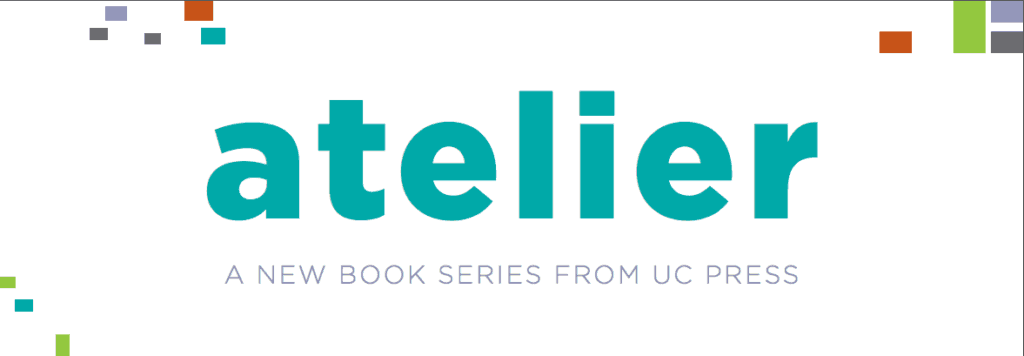Atelier is a new launched book series in anthropology designed to take a ground-up approach to the acquisition and publication of new ethnographic works. The aim is to set the conditions for collaboration at each stage of a book’s development, from the earliest draft through publication, providing not just meaningful feedback but also constructive engagement from peers and publishers. Rather than considering only those manuscripts in their finished state, this series sets out to curate a cohort of scholars committed to the idea that ethnographic writing is itself a form of intellectual work.
Submissions for 2017 closed at the beginning of June, and we are now proud to announce our finalists! Read on to learn more about their forthcoming projects:
Sarah Besky (Brown University)
Market Qualities: Indian Tea and the Composition of Value
Sarah Besky published her first book The Darjeeling Distinction with UC Press in 2013. Her new book project traces how a range of aesthetic and technical experts in India have mobilized notions of quality in attempts to refit a colonially rooted product and industry for a 21st century global democracy. It analyzes efforts to make “quality tea” at a time when India is trying to secure a place as a global economic leader, showing how, together, the materiality of plants and aesthetic and technoscientific practices mediate—and perhaps impede—economic and political reform. Working across political economy, science and technology studies, and sensory ethnography, the book argues for an approach to quality that sees it not as a final destination for economic, imperial, or post-imperial projects, but as a generative opening for those projects.
Nomi Stone (Princeton University)
Human Technologies and the Making of American War
“Human Technologies and the Making of American War” is a political phenomenology of American Empire, offering micro-histories of aspects of war’s present life across the Middle East and North America. This transnational ethnography is staged between Iraqi refugee neighborhoods of Amman and mock Middle Eastern villages constructed by the US military across the woods and deserts of America to train soldiers deploying to the Middle East. Among mock mosques and markets, Middle Eastern role-players train US soldiers by repetitively pretending to mourn, bargain, and die like the wartime adversary and ally. Seeking to dereify war itself in a post 9-11 world, this project examines previously unexplored sites of encounter between the American military and the “native informants” they employ. Amidst increasing American military focus on omniscience and surveillance in the 21st century, Stone examines the ramifications of militarizing human beings as wartime cultural technologies to decipher the other.
Reconstructing Race: New Orleans Education Reform as Experimental Labor
In Post-Katrina New Orleans, the unprecedented conversion of ninety percent of district schools into privately managed charter schools has served as a fertile site for debates over systemic interventions to alleviate racial and economic inequality. “Reconstructing Race: New Orleans Education Reform as Experimental Labor” shows how, despite initial sociopolitical naiveté, reform-minded educators, non-profits, and entrepreneurs have developed sophisticated techniques of recognition, selective inclusion, and racial expertise. “Reconstructing Race” finds that New Orleans’ citywide experimentation with private management as well as the work roles and laboring subjectivities of educators has led to the proliferation of new terrains of racialized neoliberal governance, where educators, policymakers, and entrepreneurs reconfigure and mobilize race under emergent entrepreneurial and expert cultures.
To learn more about the series, visit the series page on our website or reach out to the series editor, Kevin O’Neill.


